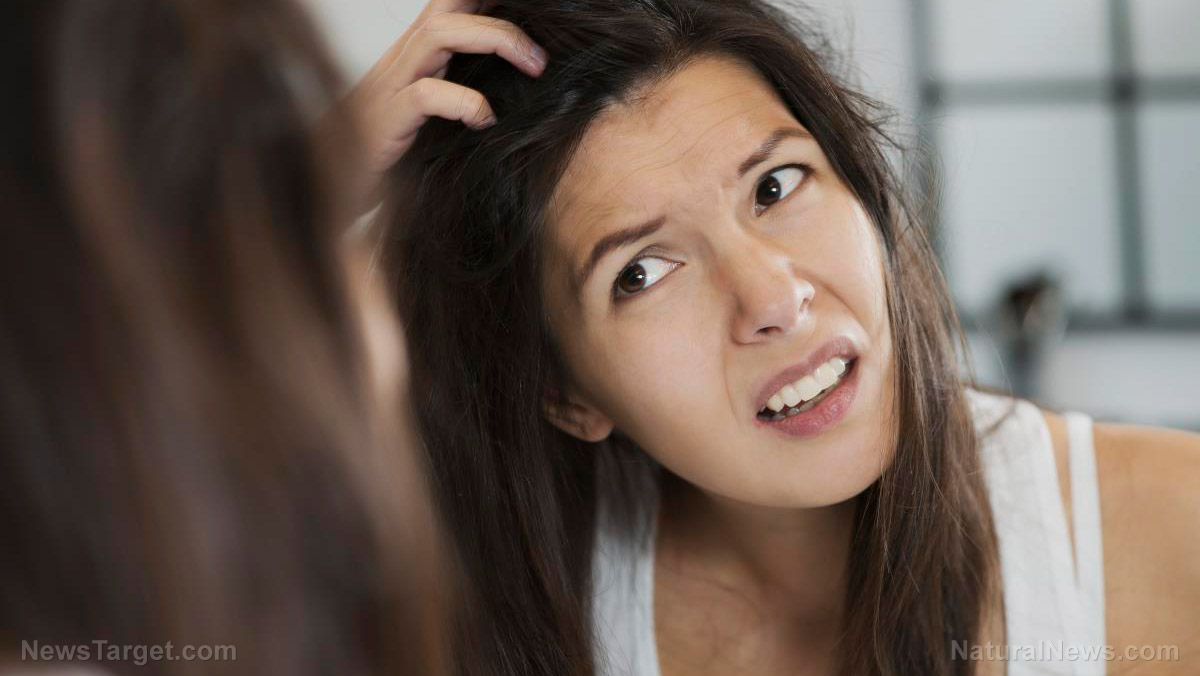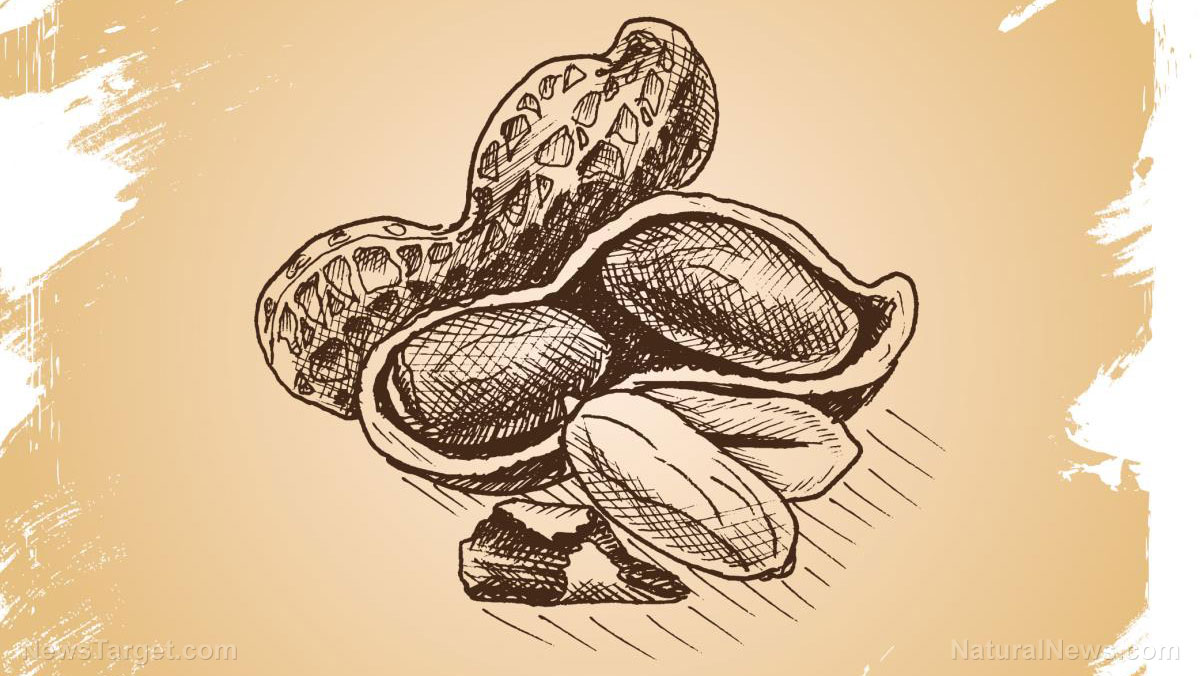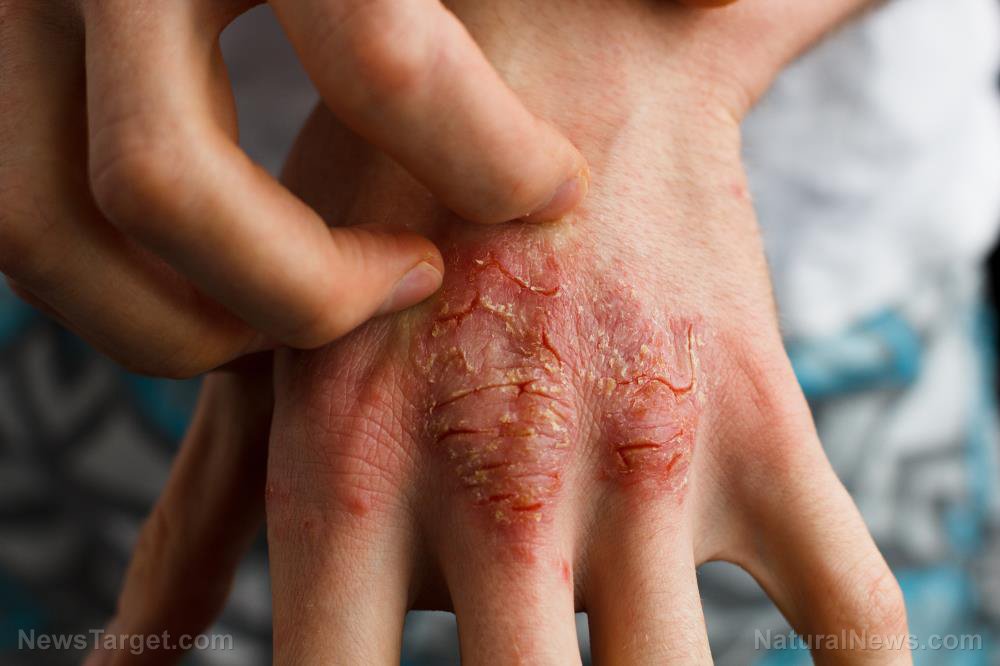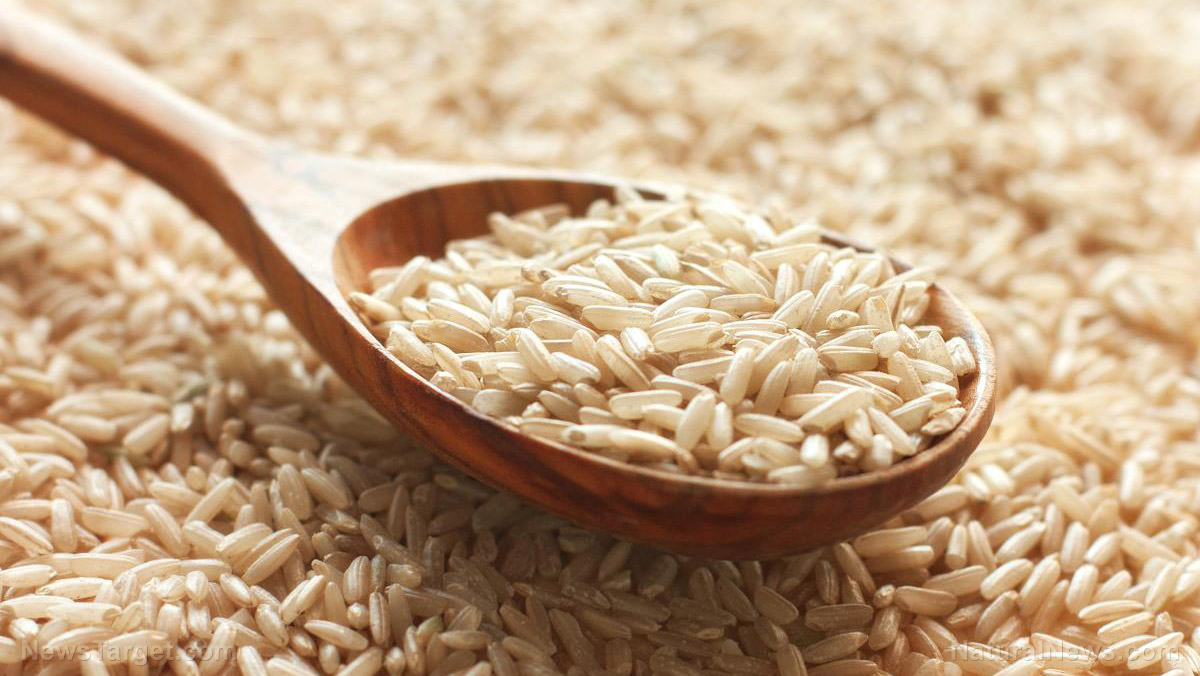Experiencing hair loss while on keto? It might be triggered by your lifestyle
10/07/2019 / By Zoey Sky

The ketogenic (keto) diet can help people manage conditions like epilepsy and diabetes. It’s also an effective diet for people who want to lose weight. However, women often experience one surprising side effect of the keto diet: hair loss.
What happens when you’re on the keto diet?
Going on the keto diet means you need to reduce your carbohydrate intake and replace it with fat.
Minimizing your carb intake puts your body into ketosis, a metabolic state wherein the body becomes very efficient at burning fat for energy. Ketosis also turns fat into ketones in the liver, which helps provide energy for the brain.
The keto diet significantly lowers your blood sugar and insulin levels, making the eating plan beneficial for individuals with diabetes.
Hair loss and the keto diet
The keto diet can cause side effects such as the keto flu, which causes fatigue, intense cravings, and irritability. You may experience the keto flu as your body shifts from a sugar-burning to a fat-burning state.
Following this particular diet can also cause hair loss, usually several months after you transition to a keto diet. According to Ali Miller, an integrative dietitian, there are two reasons why a keto diet might cause hair loss. First is stress, the second is malnourishment.
Keto is a healthy diet but it can become a stressor if your body is already at its limit, especially if you don’t make some changes to your lifestyle. For example, people who are sleep-deprived and over-caffeinated can suffer from hair loss if they try the keto diet.
Miller warns that if you want to switch to the keto diet, you need to get at least seven hours of sleep every night or try less intense workouts. Not doing so can make your body go in a chronic fight-or-flight drive, which may affect several regulatory functions in your body.
Stress can negatively affect your thyroid and your adrenals. It can also cause an autoimmune reaction. All of these events are linked to hair loss.
Not getting enough protein can also cause hair loss. The classic ketogenic diet, which is too protein-restricted, was developed for epilepsy and neurological disease management.
In most cases, women’s appetites are regulated and they don’t have organic hunger. When you under-eat protein on the keto diet, malnourishment often results in hair loss.
Here are some keto-friendly sources of protein:
- Cheese
- Cottage cheese
- Eggs
- Lean, grass-fed meat
- Plain Greek yogurt
- Poultry
Make lifestyle changes to prevent hair loss
Fortunately, hair loss is completely reversible. Women usually notice this side effect at least three months into the keto diet, but making the necessary diet and lifestyle changes can reverse hair loss in about the same amount of time. (Related: The keto diet: Tips to make sure that the eating plan is working for you.)
Before you try the keto diet, replace high-intensity workouts with lower-intensity alternatives like swimming, walking, or yoga. Don’t do intermittent fasting and keto at the same time to minimize the stress on your body. If you can’t make these changes, reconsider doing the keto diet to avoid hair loss and other side effects.
Incorporate enough protein into your diet to prevent hair loss. Miller says that the specific amount of protein you need will vary depending on certain factors like your activity levels, body weight, and muscle mass.
Generally, women, require at least 60 to 90 grams of protein per day. A 10-ounce serving of meat contains at least 70 grams of protein.
Follow a healthy diet and switch to low-intensity workouts to avoid hair loss and the other side effects of going keto.
Sources include:
Tagged Under: Brain, brain function, brain health, diabetes, diet, eating plan, energy, fat, fatigue, glucose, hair loss, high-fat diet, keto diet, keto flu, ketogenic diet, ketones, ketosis, lifestyle, low-intensity exercises, malnourishment, mental health, nutrients, prevention, protein, side effects, sleep, slender, stress, thyroid function, weight loss, wieght loss, women's health
RECENT NEWS & ARTICLES
COPYRIGHT © 2017 FOOD SCIENCE NEWS



















